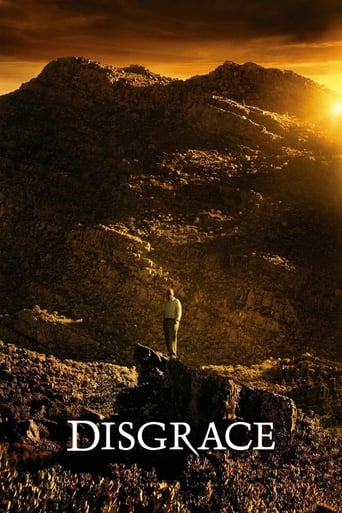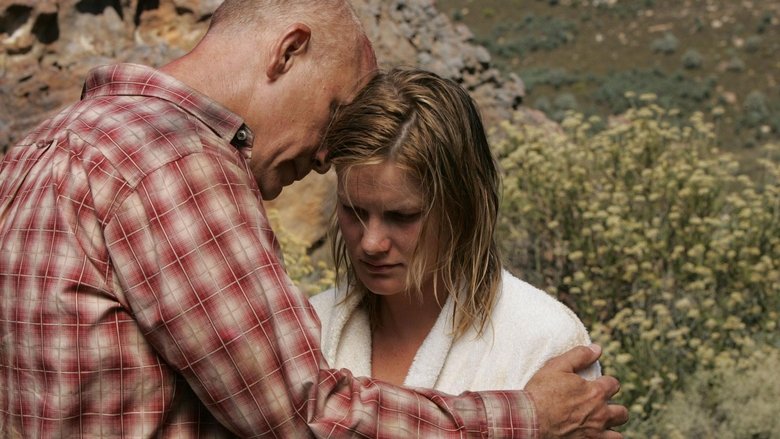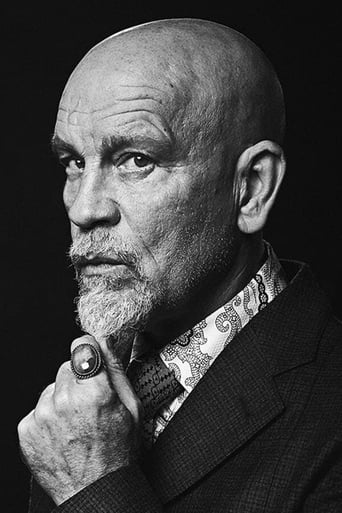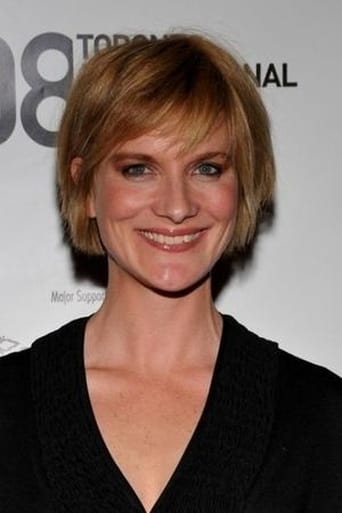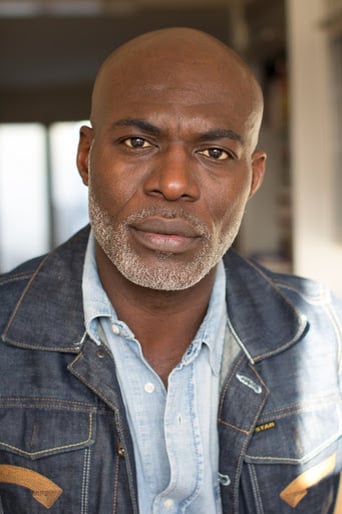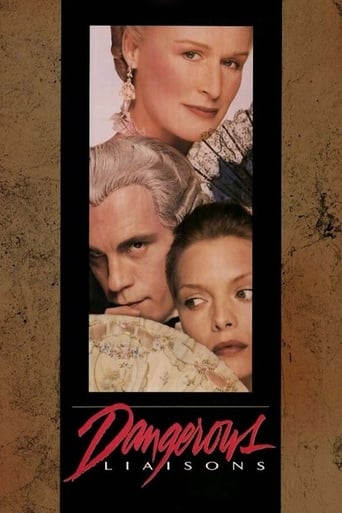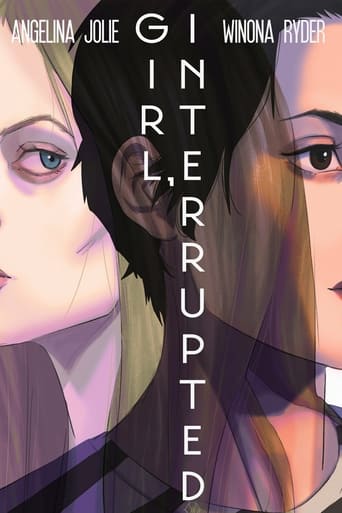Disgrace (2009)
Disgrace is the story of a South African professor of English who loses everything: his reputation, his job, his peace of mind, his good looks, his dreams of artistic success, and finally even his ability to protect his cherished daughter. After having an affair with a student, he moves to the Eastern Cape, where he gets caught up in a mess of post-apartheid politics.
Watch Trailer
Cast
Similar titles
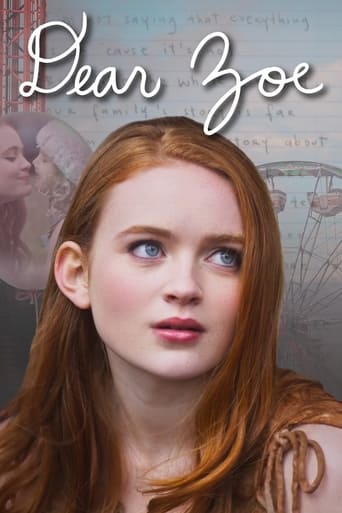



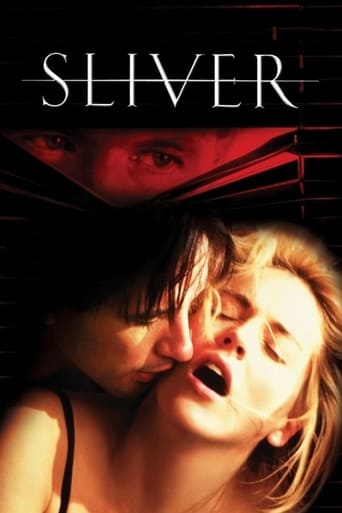
Reviews
Just what I expected
Don't listen to the negative reviews
best movie i've ever seen.
This is a small, humorous movie in some ways, but it has a huge heart. What a nice experience.
Greetings from Lithuania."Disgrace" (2008) is a mesmerizing motion picture, almost flawless. Shamefully, i saw this movie just in the beginning of 2014, and even bigger shame, it is so underrated back in 2008. I truly, strongly believe, that "Disgrace" on of the best pictures of 2008. It was snubbed then, but a true movie goers will find out how good it is no matter when - true art finds it's way. The acting by a great John Malkovich is one of his very best in his great career. The story is superb, the storyline evolves so smoothly, so realistic and on the same time so difficult to comprehend that you will be fully absorbed in it. It's like reading a good book, you can simply put it a way until you will finish it. What a movie, what a story.Overall, a true 10/10 for "Disgrace", of of the best movies of the year, do your self a favor an watch this overlooked gem, it's a truly masterfully storytelling, acting an overall superb movie experience.
The motivations of this cast of characters is practically unfathomable. Playing against all reasonable expectations about human nature seems to be the point, here. This is an ugly, depressing movie about extremely neurotic people, none of whom elicit an ounce of sympathy. These people live in a society where "getting along" trumps pride and self respect. They are so world-weary, presumably from the black-white violence of their recent past that that will degrade and humiliate themselves just to maintain peace. It's not noble, it's not sensible, and it's very depressing. Why did the young black girl student, in the beginning of the story allow herself to be, essentially, raped by this odious troglodyte of a poetry teacher? She obviously didn't like him at all. Are we supposed to believe these blacks in South Africa have a slave mentality that prevents them from resisting a white man? I don't believe that for a moment. And how could the Malkovich character, so contrite about what he's done to the girl that he prostrates himself on the floor and apologizes to her mother—how does that attitude square with his seduction of the veterinarian woman without any regard for the feelings of her husband? And it goes on and on, all against a painful, callous background of dog euthanasia. Disgusting.
The only reason this movie gets a 3 is that the actors did a reasonable job with a completely unidentifiable storyline.The movie starts off setting a scene with a professor that has completely selfish motives and that karma seems to come back to bite him.But the bad decisions of both Malkovich's character and his daughter make. Even in the context of the story, let alone reality. I can't imagine anyone who is raped wanting to live anywhere near their rapists? Then also the decisions that are taken following the attack..This makes absolutely no sense at all.I have no idea how this movie was rated so high.
JM Coetzee's writing isn't to everyone's taste. Some of it might seem pointlessly dense and self-indulgent. But Disgrace is a widely-hailed masterpiece, and in this reviewer's opinion rightly so. The problem in adapting it for the screen is that it's largely an allegory of post-apartheid South Africa and of white responses to it. It presents two very different such responses represented by the two main characters. On the one hand there's David, a professor who is caught having an affair with a mixed-race student, confesses everything without even being asked and willingly accepts his punishment and the end of his career. On the other, there's his daughter Lucy, who is gang-raped by a group of black men but who refuses to do anything about it other than bear the child which she conceives and indeed marry a relative of the rapist. Of course, this is not how we'd expect real people or indeed convincing film characters to behave. But in the novel at least, that isn't the point. David represents a point of view which sees formal justice as everything. Guilty people (himself included) should accept their punishment and move on. By extension, the abolition of formal apartheid is all that is needed to remove any sense of race-based disadvantage or special pleading. Whites have given up power and non-whites (on this view) need to accept that and expect no more than formal equal treatment. Lucy, on the other hand, represents the exact opposite position. Formal justice has no meaning - there is no such thing as crime and victims (herself included) take no comfort from the punishment of criminals. Again, the analogy is that abolishing the formal features of apartheid solves nothing - racial injustice and its consequences will always remain. Accordingly, whites need to accept that and the desire for revenge that comes with.Neither character is attractive in the novel, and neither point of view is optimistic. I suspect that's exactly what Coetzee intended, challenging the reader to come up with some alternative between two bleak and diametrically-opposed alternatives. The trouble is that allegory doesn't work well on screen. In the film - indeed in any film - there's less left to your imagination than in a novel. Many who've seen the film but not read the book are seemingly left bemused about why a rape victim passively accepts her situation, or why a tenured professor doesn't try to save his career. The symbolism and allegory of a novel, particularly a complex and challenging novel like Disgrace, just doesn't register. The film's strict adherence to the book, including much dialogue which is used verbatim, doesn't help this. In other words, both the main characters are caricatures, intended to represent opposing wider beliefs or viewpoints. That's fine in a novel, but when a film-maker gives them an immediacy - faces, voices and surroundings - it becomes harder to see them as anything other than 'real'. What was meant to be absurd but illuminating risks becoming simply unbelievable. Nonetheless, it has its moments. Both leads do well to give their characters at least some credibility, especially Jessica Haines as the self-willed but ultimately passive Lucy. The affair between John Malkovich and his student is given a strongly and appropriately sordid flavour. Eriq Ebouaney brings just the right balance of awkward bonhomie and hidden menace to Petrus. And the attack on the farm has a power which no novel can capture. Overall, a decent effort at filming what is probably and ultimately unfilmable. Read the book first and you might like it more.
